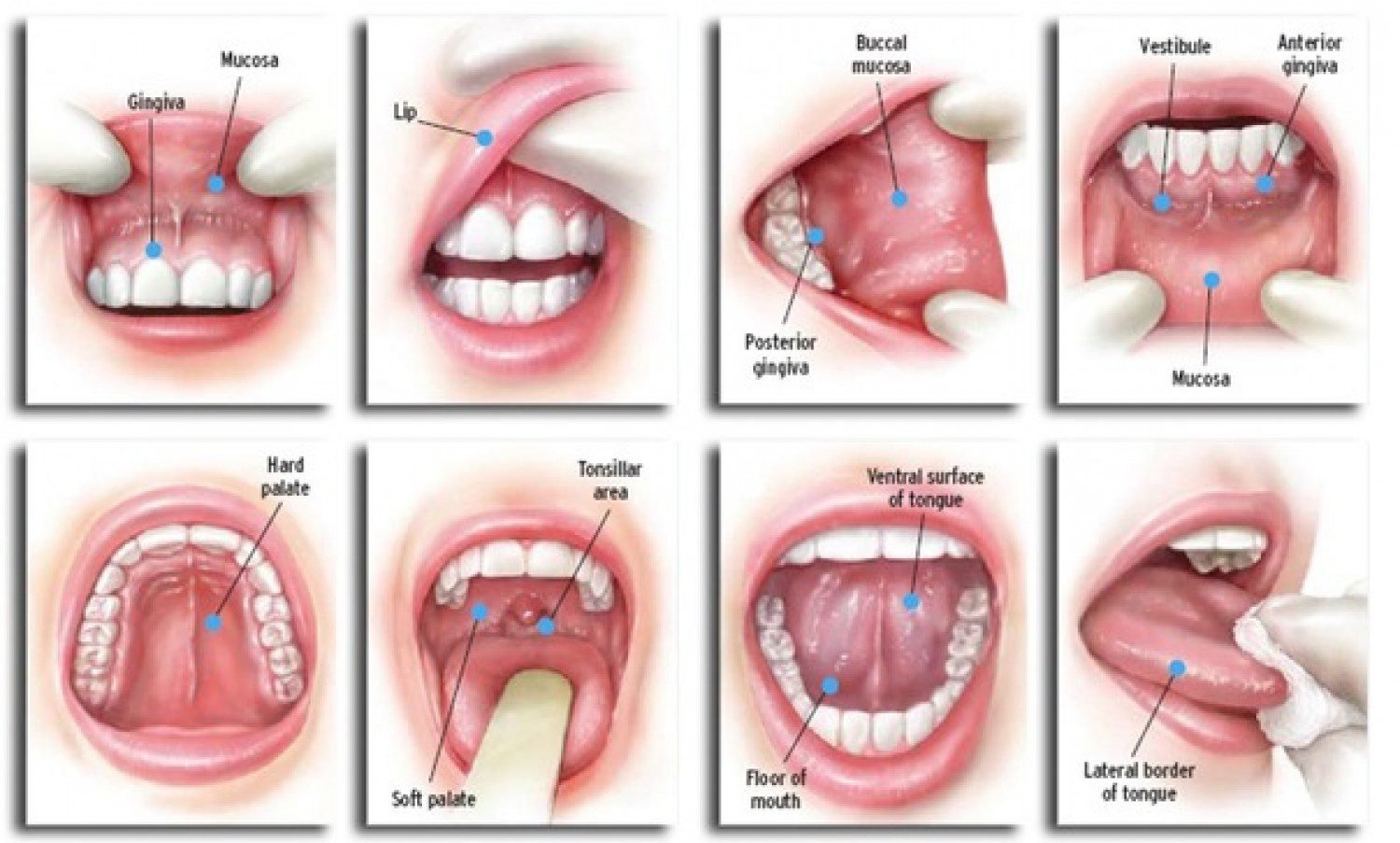Early identification is key to successful treatment
Oral cancer is a type of cancer that may occur in the mouth, on the lips, inside the mouth, throat, tonsils, or salivary glands. It can potentially require surgery, radiation, or chemotherapy if it’s not identified in the early stages and can be fatal. If not detected early, oral cancer can require surgery, radiation therapy or chemotherapy. It can also be fatal. 4000 new cases are diagnosed each year and that’s just in Australia.
What are the symptoms to look out for?
Whilst it’s great to be proactive about your own health, the signs of oral cancer aren’t always obvious or visible so it’s incredibly important to schedule regular check-ups with your GP as well as your dentist. Your dentist is skilled in identifying these signs but if you’re concerned, schedule an immediate appointment if you notice any of the below symptoms:
White or red spots/patches anywhere on the inside of the mouth
Finding it tricky to chew or swallow
Pain or sensitivity that sticks around and you don’t know the cause
Slurring when you talk
A sore that doesn’t heal on the inside of your mouth or lips
Abnormalities or a lump in the cheeks
Numbness in or around the mouth
Can I lower the risk of oral cancer?
Quit smoking
There are many reasons you should stop smoking. There are proven links between smoking and many types of cancer, including oral cancer. Your oral health is also at risk every time you light up. Smoking cigarettes increases your chances of developing cancer of the larynx, mouth, throat and oesophagus.
Because so many people are not aware of or ignore early symptoms, oral cancer often spreads before it is detected. People who stop smoking greatly reduce their risk for oral cancer. Alcohol combined with tobacco creates an especially high risk so it’s important to quit even if you’re a “social smoker”.
What type of treatment is available for oral cancer?
Treatment for oral cancer is developed on a case by case basis as every patient is different. Surgery will likely be a requirement which is generally followed by radiation and chemotherapy.
How do you maintain oral health during treatment?
Unless advised otherwise, you should continue with your usual dental routine, perhaps with a few modifications. Ensure you brush your teeth with a soft toothbrush after meals and floss daily.
Cancer treatments will often cause dry mouth, so it’s recommended you avoid the following:
Spicy foods
Coarse foods like raw vegetables, dry crackers and nuts.
Sugary drinks
Tobacco and alcohol
You can eat or chew sugar-free gum or lollies as these can keep your mouth moist.
If you’re going to start radiation therapy, inform your dentist who may schedule you for a check-up after consulting with the doctor administering and cancer treatment. This is often a great opportunity to re-evaluate your dental routine. If you don’t have an appointment in the calendar, contact The Emergency Dentist Sydney today.
Need Advice Or Emergency Dental Care In Sydney CBD?
Contact our friendly team





